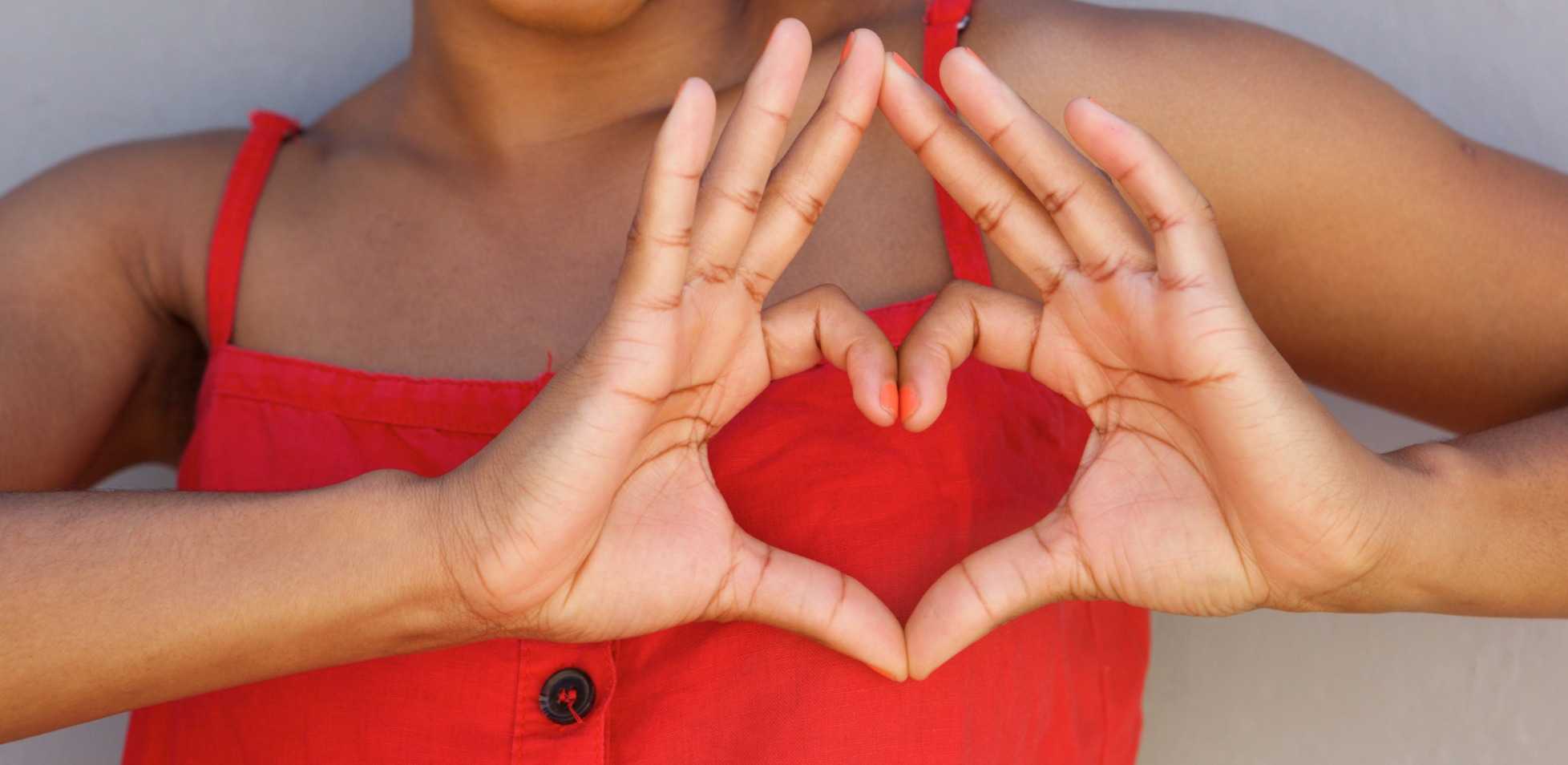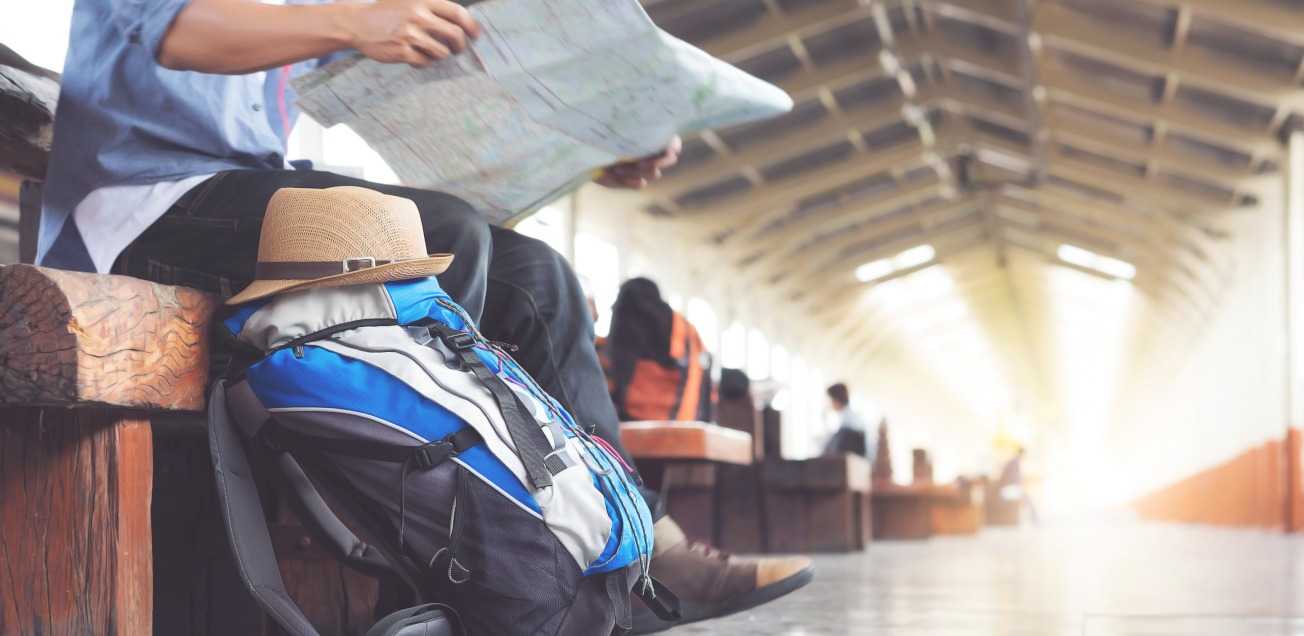Creative Greetings in Times of Physical Distancing
Imagine getting ready for an exciting occasion, a ceremony, an outdoor concert, or a coffee with an old friend and, instead of thinking about the fun you will have, you find yourself worrying about how to greet the people you are going to meet.
Our lives during this pandemic have taken a major turn and generally slowed down to the point where everyone is finally looking forward to going back to some sort of normality and routine. The “new normal” we are currently living forces us to adapt to a lot of things, and one of them is practicing physical distance with every human being that does not live in the same household as us. Physical distancing is highly recommended and even enforced in some places, as it is one of the most effective ways to slow down the spread of coronavirus.

In this article, we would like to cover one sociological aspect of physical distancing: the lack of widely accepted and expected gestures of greeting.
The use of a specific greeting has to do with being polite, showing respect, knowing the culture, and wanting to show affection and care. However, being unable to use physical touch, like a handshake, a hug, or a kiss on the cheek, does not mean that we cannot greet each other. It just means that we need to be curious and creative.
“Greeting” as a Cultural Aspect
Whenever visiting a new country (especially those more exotic and far from our own), one of the first things check is the culturally accepted ways of interacting with people, dress codes, common ways of greeting, and a few words to use.
A lot of cultures across the world, have greetings that do not involve touching. Do you recall any from your previous trips or your country of origin? Bring back the memories of greeting locals in a small village or neighborhood. If you use the specific greeting in your everyday life, it will spark conversation about the culture of a particular country, what you enjoyed doing there, who you met, and what you learned.

Psychologists say that recalling happy memories is a way to take a break from reality and induce some positive emotions. In this way, you traded a hug and oxytocin (the love hormone) with a gesture and recreation of a happy memory. Unsure of what to use, have a look at our list for ideas:
- India: palms pressed together over the heart, namaste!
- Thailand: hands together in prayer and a slight bow
- Japan: just bow, obviously skip the handshake
- Massai people in Kenya: make a one-time high jump, the highest you can do…
Greeting Others in Your Own Style
Come up with your own signature greeting: Something that reminds you of a funny story you cannot share enough, a gesture or reaction you and your friends and family would not mind sharing. A moment turned into a greeting will always remind you of how blessed you are to be able to make memories with loved ones.

Other authentic greetings like the “elbow bump” and the “foot shake” are being used widely now. Why don’t you give it a try and propose the heart sign with fingers spread — a heart supported by both hands in a welcoming, friendly way to symbolize that “Nobody Stands Alone”. Would you use this sign as a greeting in your next Changemakers activity? Do you have other original ideas to share with us?
Whatever your greeting style will be, let it bring some joy and thoughtfulness into your lives. Above all, stay safe and continue to spread love and kindness, and humanity will come out stronger.
Advertisement
About Mirela Volaj
I worked in international organizations in Albania (my home country), focusing on children’s rights and wellbeing, for 10 years. Even before getting involved in NGOs, I have always been passionate about human rights and environmental protection, and after a decade of working for vulnerable groups, I consider myself a social activist. At InterNations, I am enjoying the opportunity to get to know the work of Changemakers around the world.
Article topics
Related articles
Five Things Your Friends at Home Are Tired of Hearing
Visiting home is always an exciting time for us expatriates. In some cases, you haven’t seen your friends and family for months, maybe even years, and you’ll obviously have many stories to tell. You’ll soon realize, however, that sometimes they just don’t want to hear them!
Five Must-Read Books for Expats
Living abroad is an experience which is full of highs and lows, from total wonder and curiosity to loneliness and confusion. Here are five books that capture the whirlwind experience of expat life, the intrigue of foreign cultures, as well as the importance of global literature.
Lucky in Love: The Happiest Couples in the World
Everyone knows that finding true happiness and satisfaction in a relationship takes hard work. What happens when you throw cross-cultural differences or a foreign country into the mix? This article examines what factors can influence relationship satisfaction and reveals which expats are happiest in love.
Expat Tips: Find Yourself a Tandem Partner
Have you learned the basics and now want to take your language skills one step further? Then it might be time to get yourself a tandem partner. In this article, we’ve covered all the basics on what a tandem partner actually is and how to make the most out of having one.
Three Types of Extreme Expats You Might Meet Abroad
We’re not saying that all expats across the world fall into one of these three categories, of course. Even so, if you’ve lived abroad for a period of time, you’ll doubtlessly have encountered at least one of these somewhat extreme types of expats.




